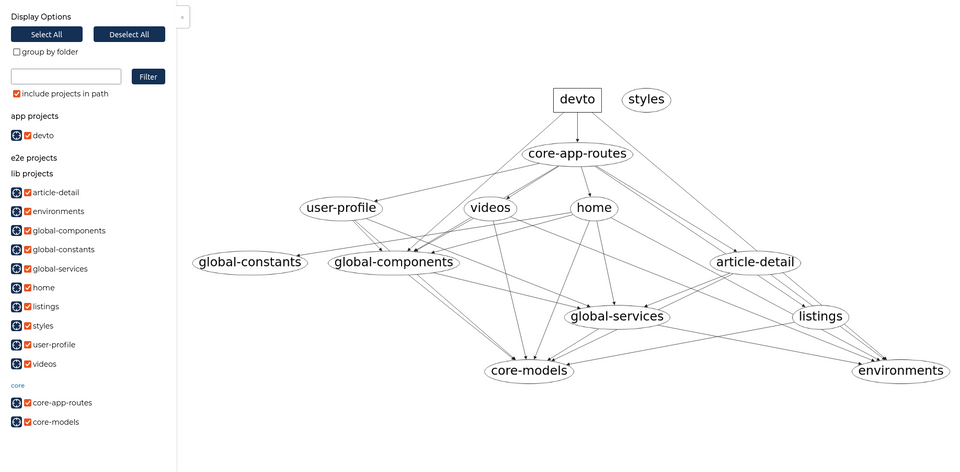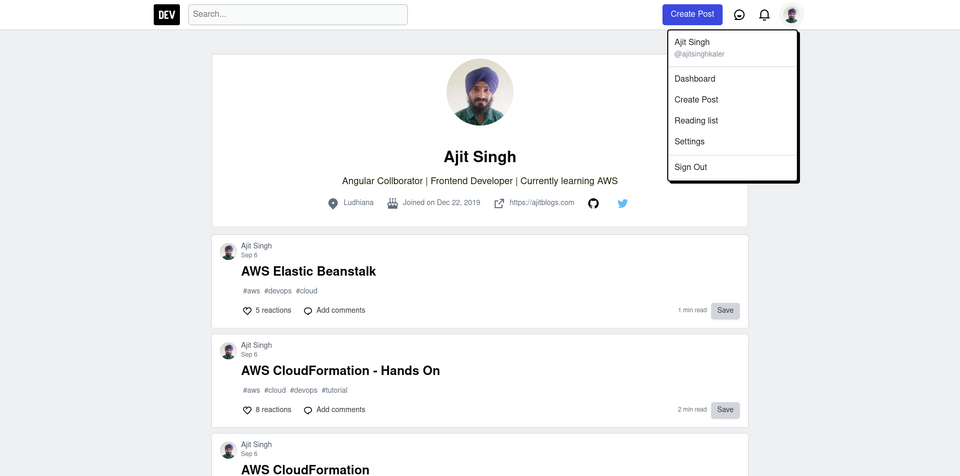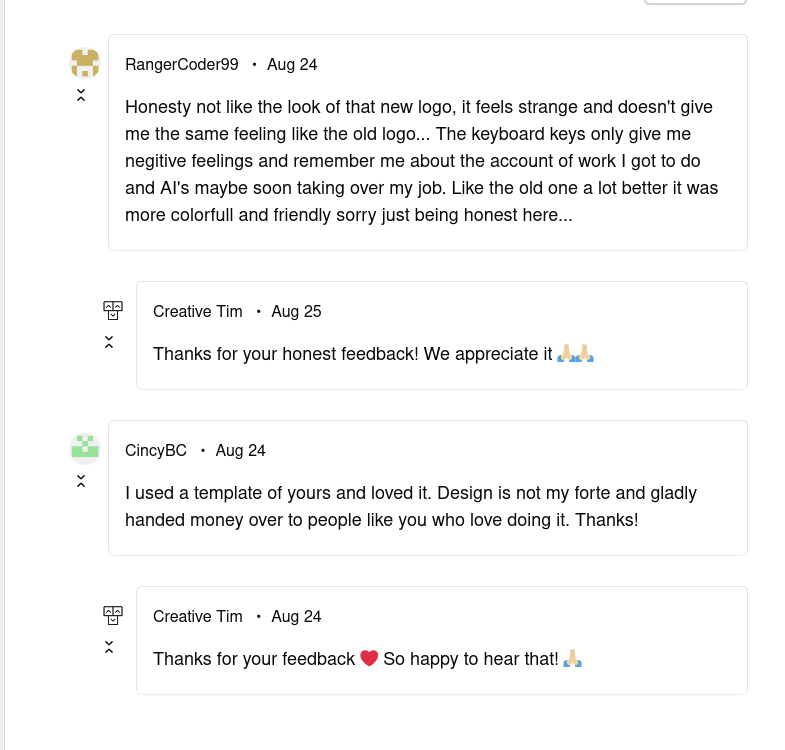In a previous article, I wrote about ngtsc Angular latest compiler. Today we're going to talk about the Angular Compatability Compiler(ngcc).
In that article, I talked about how angular compiles the code in the latest version(v9) but think about it, not all code is compiled at the same time there are libraries, npm modules, there dependencies are precompiled and these may no work well with the way ngtsc compiles Angular code. This may cause failures at runtime, compile-time, etc. Fortunately, the Angular has already solved these problems for us using the Angular compatibility compiler ngcc.
What is ngcc??
Let us first see it from Angular glossary.
Angular compatibility compiler. If you build your app using Ivy, but it depends on libraries that have not been compiled with Ivy, the CLI uses ngcc to automatically update the dependent libraries to use Ivy.As many of already know that Angular changed its default compiler for View Engine to Ivy in version 9. Most of the code generated by Ivy is very different from the code generated by View Engine. So, code generated by the View Engine compiler cannot be consumed by the Ivy compile but this creates a huge problem that most of the libraries and components of Angular are generated using the View Engine compiler. If we don't make these compatible a huge chunk of community wor will be rendered useless. So, to get out of this problem Angular team created a compatibility compiler ngcc. It makes View engine code compatible with the Ivy. I am really thankful for this tool.
How ngcc works?
The ngcc compiler parses the precompiled JavaScript code which is produced by the ViewEngine compiler, for components, directives, pipes, injectables, etc. It then updates that code so that it is as though it had been originally compiled by the Ivy compiler.
It modifies all the formats of JavaScript that are needed in te app, e.g. ES2015, ES5, UMD, etc. After that it updates the typing file, since these are needed for the Ivy compiler to process the application source files.
ngcc mostly runs from a postinstall hook in your package.json file:
{
"scripts": {
"postinstall": "ngcc --properties es2015 browser module main --first-only --create-ivy-entry-points"
}
}
The postinstall script will run on every installation of node_modules, including those performed by ng update and ng add.
If you perform multiple installs in a row, this can end up being slower than letting Angular CLI run ngcc on builds.
Operations done by ngcc
- Scan the
node_modulesfor packages that are in APF by checking.metadata.jsonfiles. (It just checks for their existence to determine whether a package is an Angular package or not.). - Produce Ivy compatible versions for each of these packages
To generate Ivy compatible versions ngcc creates __ivy_ngcc__ sub-directories inside each package that it compiles if called with the --create-ivy-entry-points option (which is how the CLI calls it). The other "mode" of operation (without the --create-ivy-entry-points option) - which is the default behavior if you call ngcc manually - updates the files in place.
Configuring ngcc
ngcc is by defalt able to work out how to compile any package. But occasionally there may be packages that deviate too far from default Packages style.
In these kind of cases also it is possible to provide configuration to modify how ngcc views specific entry-points to packages so that it is able to process them.
package/entry-point configuration
Entry-points to a package are configured using a configuration file ngcc.config.js
module.exports = {
packages: {
'package-name': {
entryPoints: { ... }
},
...
}
};
In these files entryPoints is a property whose keys are the paths to the entry-point (relative to the package). For example:
entryPoints: {
// the primary (root) entry-point
'.': { ... },
// a secondary entry-point
'./testing': { ... },
}
Let us now discuss entry points in detail:
By default entry point uses the following
interface NgccEntryPointConfig {
ignore?: boolean;
override?: PackageJsonFormatPropertiesMap;
ignoreMissingDependencies?: boolean;
generateDeepReexports?: boolean;
}
Let us now discuss each of these properties in detail
- ignore - If true it does not process (or even acknowledge the existence of) this entry-point
- override - This property, if provided, holds values that will override equivalent properties in an entry-point’s package.json file.
- ignoreMissingDependencies -
ngccgenrally skips compilation of entrypoints that contain imports that can’t be resolved or understood. If this option is specified, ngcc will proceed with compiling the entrypoint even if thre are such missing dependencies. - generateDeepReexports - Enabling this option for an entrypoint tells ngcc that deep imports might be used for the files it contains, and that it should generate private re-exports alongside the NgModule of all the directives/pipes it makes available in support of those imports.
All the above properties are optional. We can even pass an empty object. The mere existence of an entry-point configuration object tells ngcc that this really is an entry-point that should be processed even if it is missing necessary files, such as a metadata.json file.
Configuration levels
ngcc Configuration can be done at various levels. The configuration for an entry-point at one of the levels below will override the levels below it.
There are three types of levels on which ngcc runs:
- project level
- package level
- default level
project level
You can configure ngcc for all the packages that your project uses by placing an ngcc.config.js file at the root of the project next to your package.json file. In this case the developer provides a configuration that fixes issues specific to the libraries used in their application.
In this case the file may configure multiple packages so the export from the file is an object that has a packages property, which itself is an object where each key is the name of the package being configured.
For example:
module.exports = {
packages: {
"ng2-dragula": {
entryPoints: {
"./dist": {
"ignore": true
},
...
}
},
"other": {
entryPoints: {
...
}
},
...
}
Like if all the packages does not have any .metadata.json files in the root directory but only inside dist/. Without config, ngcc does not realize this is a ViewEngine-built Angular package that needs to be compiled to Ivy.
Package level
A package author may provide specific configuration to allow ngcc to be able to process entry-points in their package. The configuration at this level is provided in an ngcc.config.js file at the root of the package, next to its own package.json file.
In this case the export from the file is an object that only describes the package being configured, and so will not contain the packages property. For example:
module.exports = {
entryPoints: {
"./inputtext": {
"typings": "./inputtext.d.ts",
"main": "./inputtest.js"
},
"./button": {
"typings": "./button.d.ts",
"main": "./button.js"
},
...
}
};
Default Level
The default configuration for ngcc.
This is the ultimate fallback configuration that ngcc will use if there is no configuration for a package at the package level or project level.
This configuration is for packages that are "dead" - i.e. no longer maintained and so are unlikely to be fixed to work with ngcc, nor provide a package level config of their own.
The fallback process for looking up configuration is:
Project -> Package -> Default
If a package provides its own configuration then that would override this default one.
Also application developers can always provide configuration at their project level which will override everything else.
Note that the fallback is package based not entry-point based.
For example, if a there is configuration for a package at the project level this will replace all entry-point configurations that may have been provided in the package level or default level configurations, even if the project level configuration does not provide for a given entry-point.
Running ngcc manually
Mosty cli does all the heavy lifting for us while using ngcc but if for some reason you need to run ngcc manually you can do that too.
ngcc can be found in the node_modules binary folder so either of the following commands would work:yarn ngcc/npm run ngcc or node_modules/.bin/ngcc. ots of options are available in ngcc I've extracted them using ngcc --help I have added them below for reference
Options:
--version Show version number [boolean]
-s, --source A path (relative to the working directory)
of the `node_modules` folder to process.
[default: "./node_modules"]
-p, --properties An array of names of properties in
package.json to compile (e.g. `module` or
`es2015`)
Each of these properties should hold the
path to a bundle-format.
If provided, only the specified properties
are considered for processing.
If not provided, all the supported format
properties (e.g. fesm2015, fesm5, es2015,
esm2015, esm5, main, module) in the
package.json are considered. [array]
-t, --target A relative path (from the `source` path) to
a single entry-point to process (plus its
dependencies).
If this property is provided then
`error-on-failed-entry-point` is forced to
true
--first-only If specified then only the first matching
package.json property will be compiled.
[boolean]
--create-ivy-entry-points If specified then new `*_ivy_ngcc`
entry-points will be added to package.json
rather than modifying the ones in-place.
For this to work you need to have custom
resolution set up (e.g. in webpack) to look
for these new entry-points.
The Angular CLI does this already, so it is
safe to use this option if the project is
being built via the CLI. [boolean]
--legacy-message-ids Render `$localize` messages with legacy
format ids.
The default value is `true`. Only set this
to `false` if you do not want legacy
message ids to
be rendered. For example, if you are not
using legacy message ids in your
translation files
AND are not doing compile-time inlining of
translations, in which case the extra
message ids
would add unwanted size to the final source
bundle.
It is safe to leave this set to true if you
are doing compile-time inlining because the
extra
legacy message ids will all be stripped
during translation.
[boolean] [default: true]
--async Whether to compile asynchronously. This is
enabled by default as it allows
compilations to be parallelized.
Disabling asynchronous compilation may be
useful for debugging.
[boolean] [default: true]
-l, --loglevel The lowest severity logging message that
should be output.
[choices: "debug", "info", "warn", "error"]
--invalidate-entry-point-manifest If this is set then ngcc will not read an
entry-point manifest file from disk.
Instead it will walk the directory tree as
normal looking for entry-points, and then
write a new manifest file.
[boolean] [default: false]
--error-on-failed-entry-point Set this option in order to terminate
immediately with an error code if an
entry-point fails to be processed.
If `-t`/`--target` is provided then this
property is always true and cannot be
changed. Otherwise the default is false.
When set to false, ngcc will continue to
process entry-points after a failure. In
which case it will log an error and resume
processing other entry-points.
[boolean] [default: false]
--tsconfig A path to a tsconfig.json file that will be
used to configure the Angular compiler and
module resolution used by ngcc.
If not provided, ngcc will attempt to read
a `tsconfig.json` file from the folder
above that given by the `-s` option.
Set to false (via `--no-tsconfig`) if you
do not want ngcc to use any `tsconfig.json`
file. [string]
--help Show help



